News Desk
The News Desk provides timely and factual coverage of national and international events, with an emphasis on accuracy and clarity.
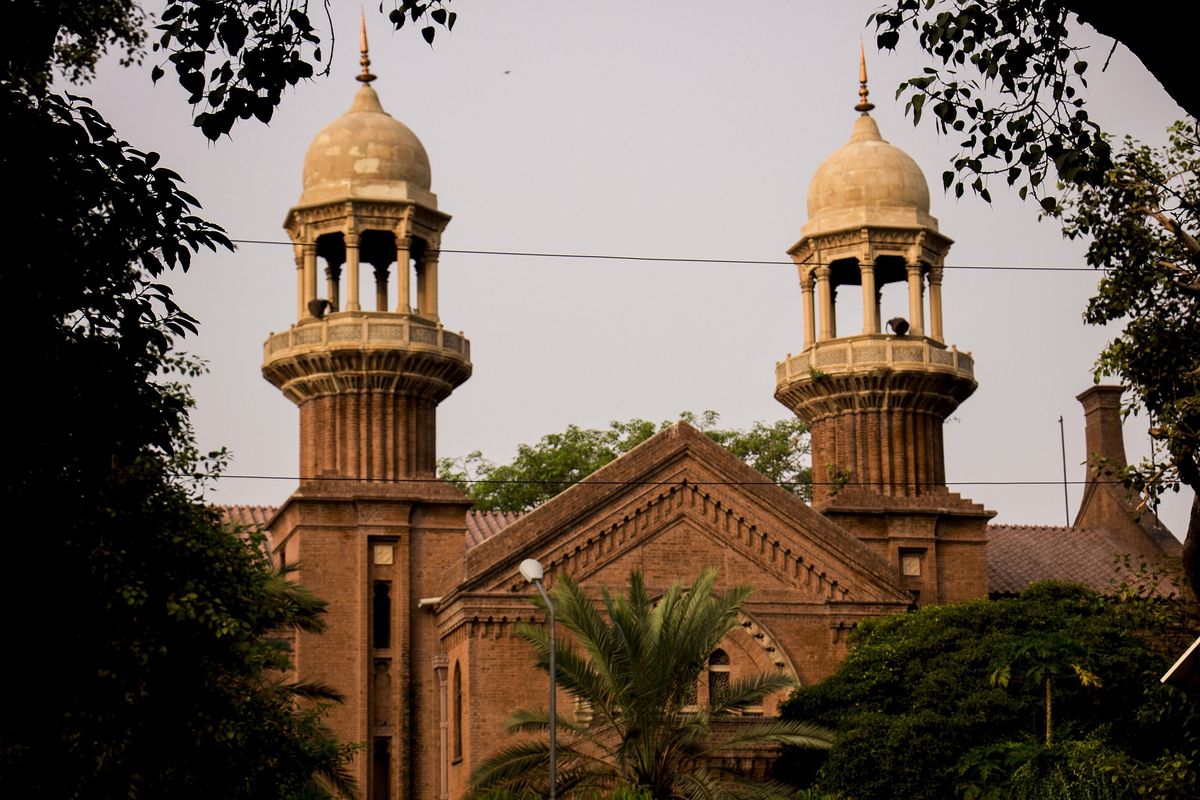
A file photo of the Lahore High Court, in Lahore, Pakistan on September 23, 2017.
Courtesy Mariyam Aftab / Wikimedia Commons
Public transport blamed for up to 80% of city's pollution
Smuggled, substandard fuel worsening the problem
Case stems from environmental petitions filed in 2018
In the capital of Pakistan's Punjab, a high court expressed grave concerns on Wednesday over the provincial government's continued failure to combat hazardous smog levels in the country's second-largest city of Lahore.
The Lahore High Court's (LHC) Justice Shahid Karim reiterated that "smog is an emergency that requires immediate action".
During Wednesday's hearing on environmental petitions, Justice Karim delivered his strongest criticism yet, of the government's inaction on the smog crisis. "The government has done nothing yet, and I point this out daily," he declared, adding that "mere policy papers" were insufficient to address the crisis. "This won't work - if smog comes in September this time, next time it will arrive in August," he warned.
The court ordered immediate action against smoke-emitting vehicles, particularly targeting the public transport sector which, according to court observations, contributes to "70 to 80 percent of environmental pollution" in the city.
Reuters
A couple rides on a motorbike with smog and air pollution in the background early in the morning, in Karachi, Pakistan, November 13, 2024.
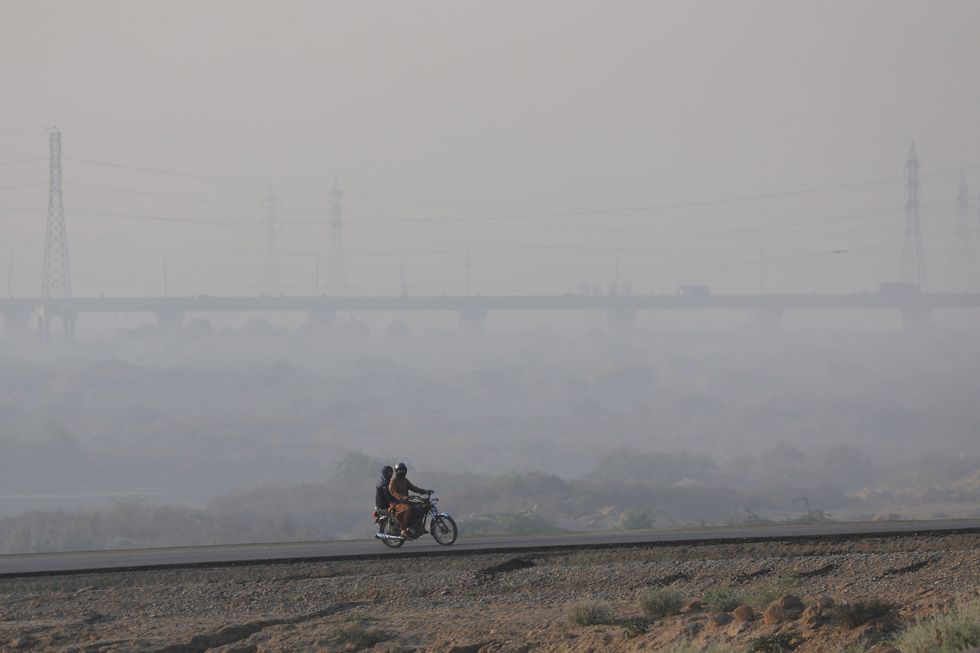
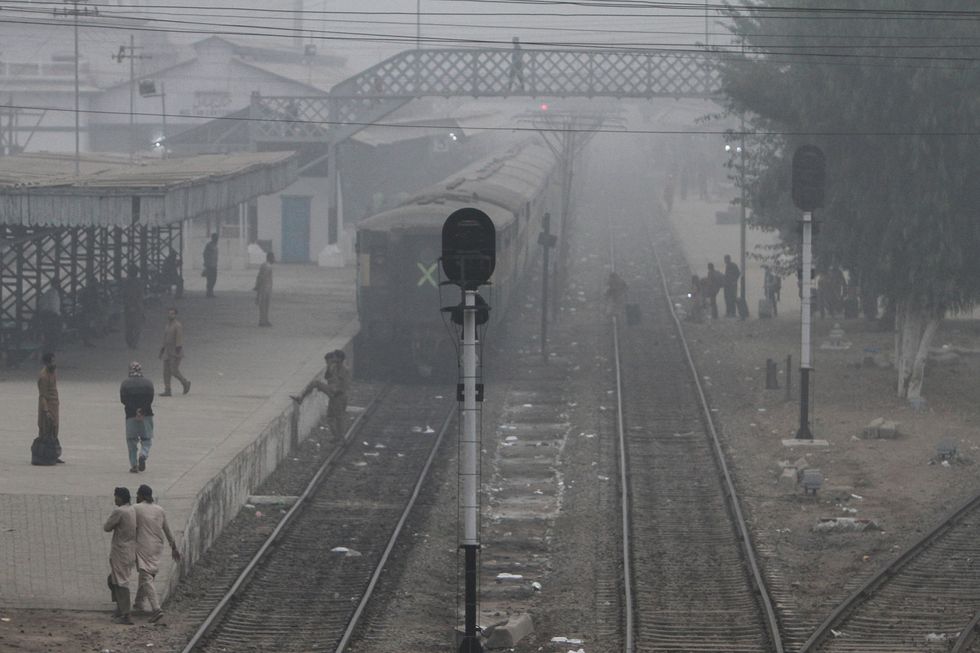
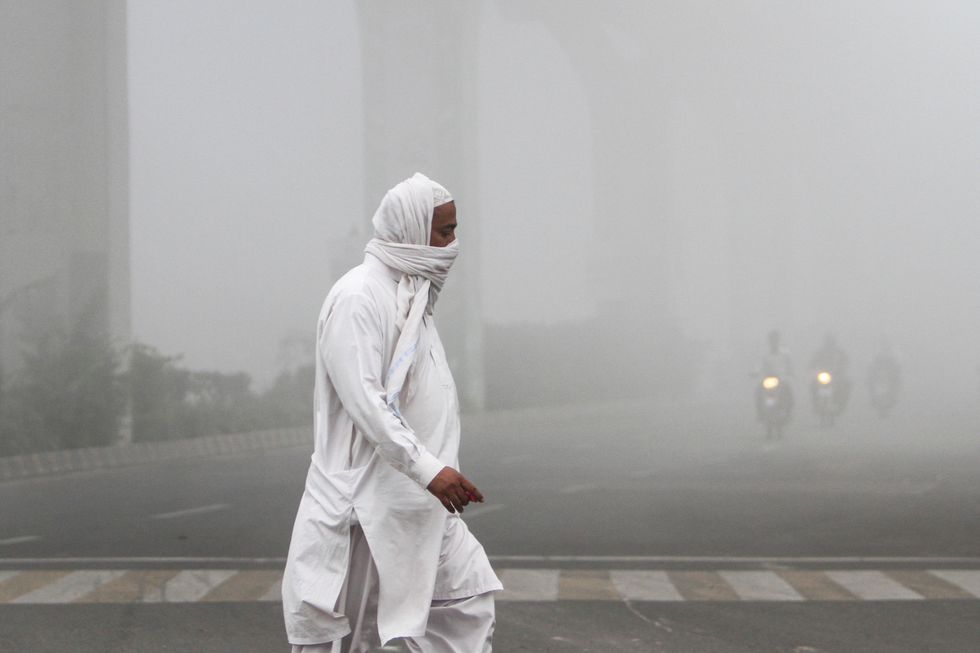
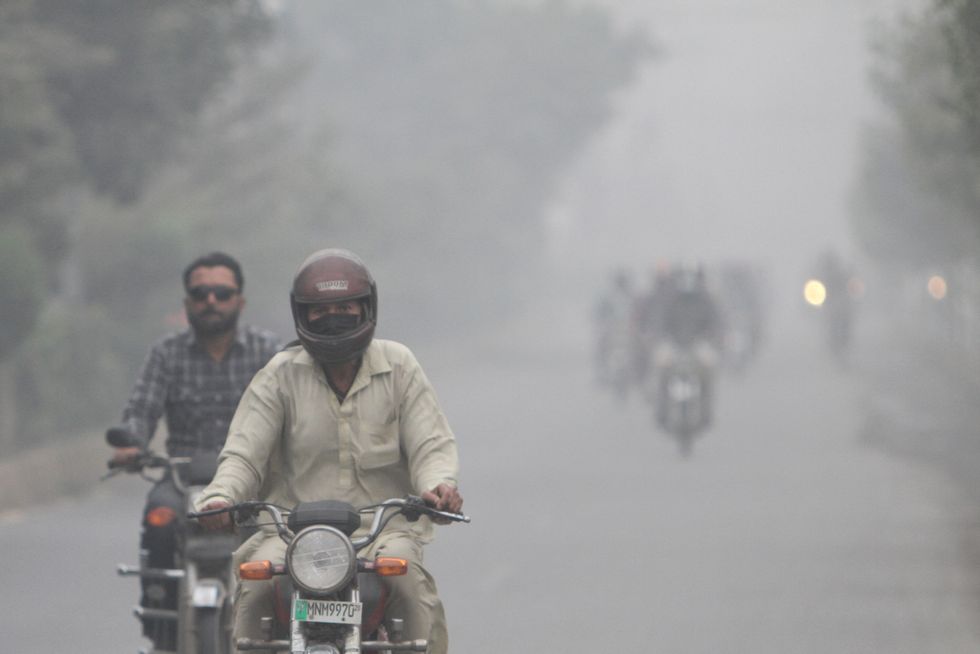
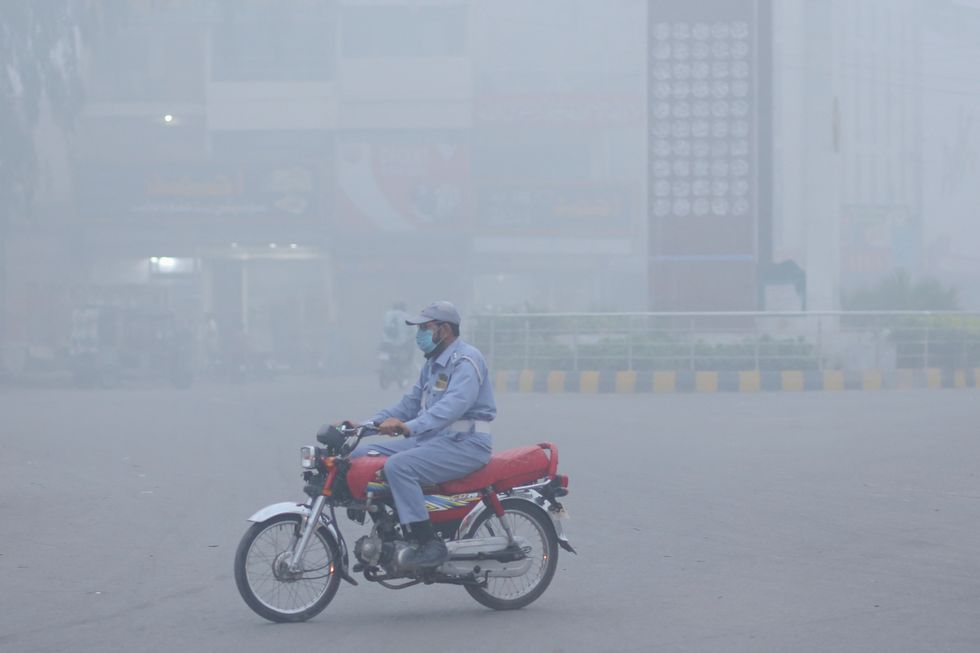
"The widespread use of smuggled, substandard fuel in our transport sector is exacerbating an already critical situation," Justice Karim remarked, directing authorities to take decisive action against fuel smuggling operations.
In a series of orders, the court mandated the transport department to launch a crackdown on polluting vehicles, with special attention to school transportation. "Private schools must maintain their own environmentally compliant transport fleets," Justice Karim emphasized, adding that "parents are willing to pay for safe, clean transportation for their children."
The court also highlighted concerns about public transportation services, citing recent observations of excessive emissions from Speedo buses. "The smoke these buses emit is beyond imagination," Justice Karim noted, ordering immediate inspections and action.
Expressing frustration at the need for judicial intervention in what should be executive actions, he said, "The court shouldn't need to tell, the government should do all this themselves." He pointedly observed that while "the department will take credit in the end," the court's orders from three years ago remained largely unimplemented.
Long-term approach stressed
The Advocate General Punjab was directed to submit a detailed report by Thursday, outlining the government's concrete steps to implement the court's previous directives. Justice Karim stressed the need for a long-term approach, "You'll need at least a 10-year policy to control smog effectively."
The court also addressed commercial activities' contribution to environmental degradation. "The whole world operates on early market closures. Visit any country abroad - everything closes after 5 PM, and markets are completely shut on Sundays," Justice Karim observed, hinting at possible future directions on business hours.
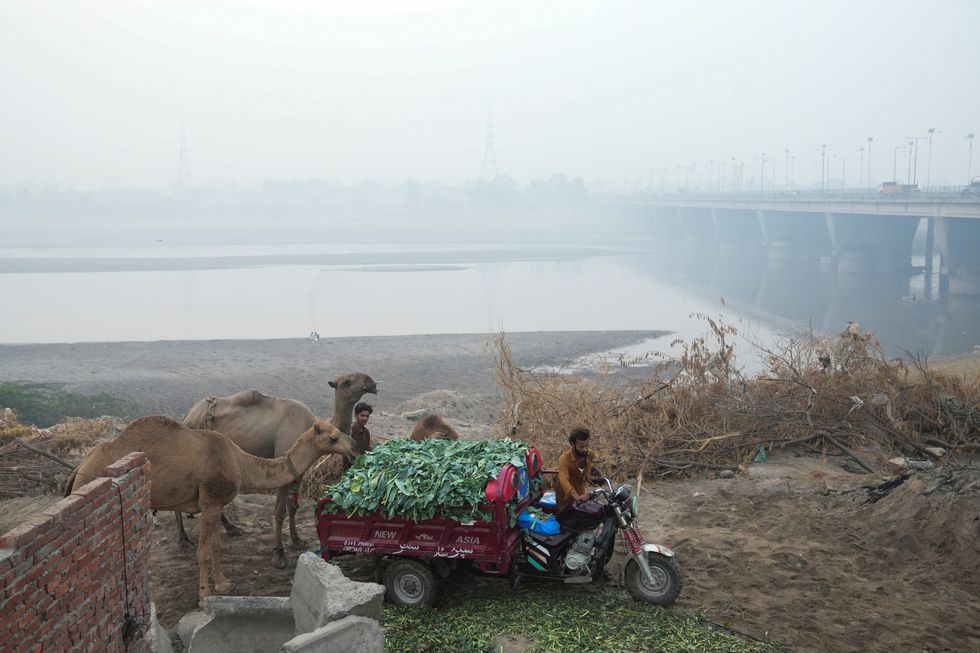
The hearing also highlighted the critical state of the Ravi river, once a natural pollution filter for the city. "The Ravi used to play a crucial role in reducing pollution levels. Its preservation is paramount for Lahore's environmental future," Justice Karim stated.
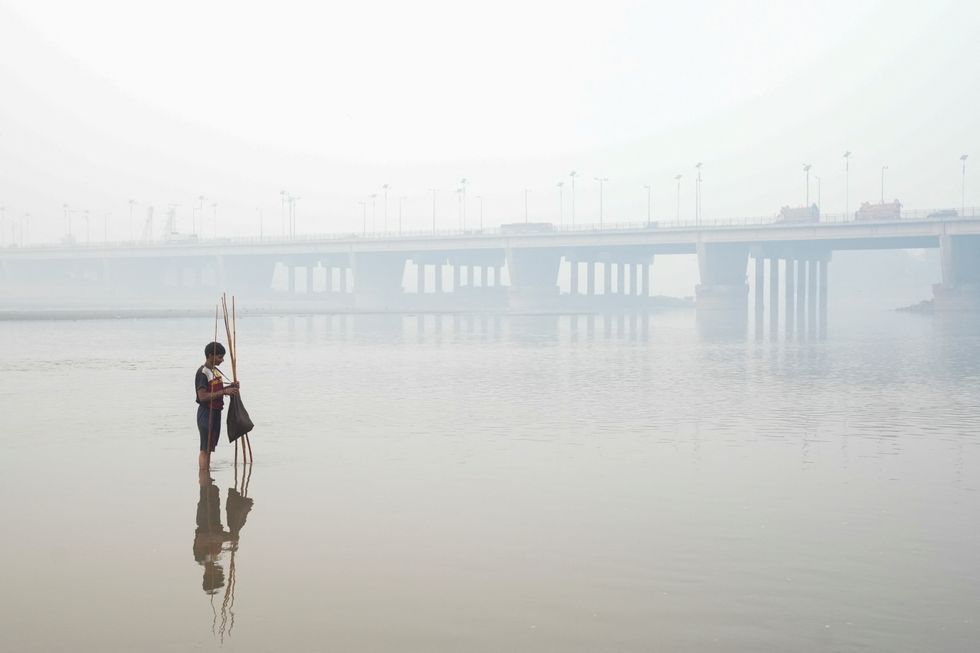
Environmental experts present during the hearing supported the court's emphasis on establishing an environmental fund, though details of its implementation remain under discussion. The court stressed that such initiatives should have been undertaken proactively by the government without judicial intervention.
Fighting since 2018
The ongoing proceedings stem from multiple public interest petitions filed in 2018, including the notable case of Haroon Farooq v. Government of Punjab & others, which were consolidated due to their shared focus on environmental concerns. These petitions collectively challenged the government's inadequate response to the climate crisis, particularly focusing on water resource preservation and groundwater levels.
In 2021, the Lahore High Court issued a landmark decision in these consolidated cases, establishing the court's supervisory jurisdiction over environmental matters. Since then, the court has maintained continuing mandamus, requiring regular progress reports from executive authorities on various environmental initiatives.
The ruling cited Pakistan's constitutional obligations, interpreting the right to life to encompass freedom from environmental hazards. The decision also referenced the Asian Development Bank's climate change report series, acknowledging the rising trend of climate litigation in Asia and positioning courts as guardians of climate justice.
The next hearing is scheduled for November 15, where the court will review the comprehensive report ordered from the Advocate General Punjab.
The developments come just two days after Justice Karim expressed strong dissatisfaction with provincial authorities' efforts, particularly noting the absence of key officials from Monday's hearing who were reportedly in Geneva with the Chief Minister.










Comments
See what people are discussing